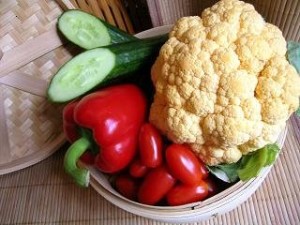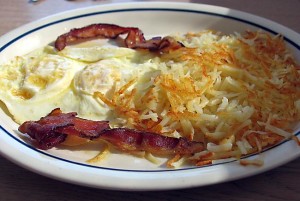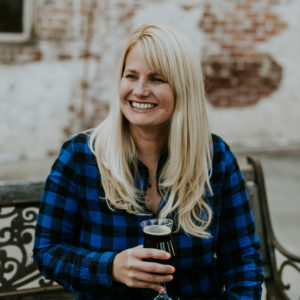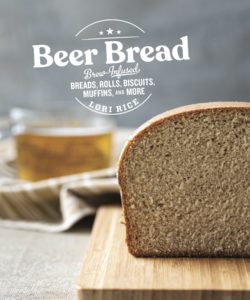 I was thumbing through my Metropolitan Home magazine this past weekend. I still question why I read this at times because most of the sofas featured cost half my salary. However, I got the subscription for free and I like to try to recreate the things I see in it for a more realistic price.
I was thumbing through my Metropolitan Home magazine this past weekend. I still question why I read this at times because most of the sofas featured cost half my salary. However, I got the subscription for free and I like to try to recreate the things I see in it for a more realistic price.
Every now and then there are some short blurbs about topics that are interesting with links to some new web-sites. This weekend there was an ‘every now and then’ event.
Maybe I’ve been completely out of it, but I have never heard the term Locavore. According to the magazine a Locavore is someone who tries to eat foods that are grown or produced locally. From the limited research I’ve done, it looks like it was started in San Francisco. Big surprise there. I think all physical and environmental health movements began somewhere in that area.
The important word here for me is ‘tries’. It is almost impossible to get all of your food locally depending on where you live, but I definitely think it is important to put forth an effort.
Right now I am living abroad in Brazil and I think I can claim to be a true Locavore. I buy my foods from the farmer’s market each week which comes from farmer’s who live in and outside my town. Between this and my local bakery, I would estimate that 80% of the food I eat is local.
Maintaining my Locavore status will probably prove to be a more difficult task when I move back to the States, but that won’t stop me from trying. It is a great way to reduce fake foods. The more produce and fresh products you eat the less room you have for all those packaged non-food items.
The challenge for me will be the price. Yes, it is worth it, but our local farmer’s market in the US is quite expensive. I want those farmers to have the money they need, but many times I feel like they are cashing in on all the higher society people who have the money to spend there.
Then again, a recent trip to the grocery store in the US showed me that prices for produce have skyrocketed there as well. So maybe there isn’t much of a difference at this point.
Are you a Locavore? What are some of the challenges you face with being or becoming one?
Photo by jeltovski at morguefile.com



